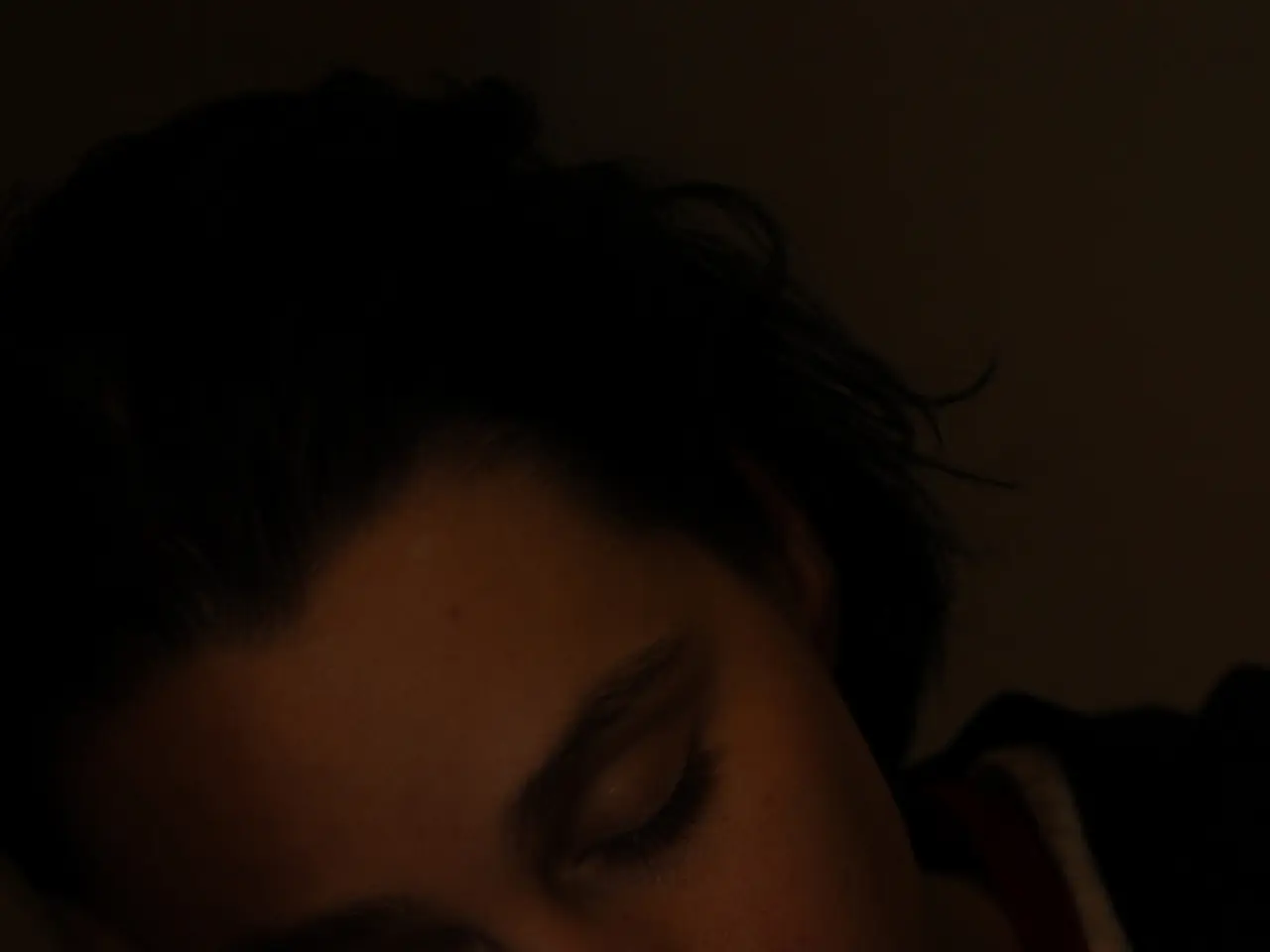Sleepless nights: Understanding reasons, remedies, and additional insights
Sleeping difficulties, also known as insomnia, can affect individuals of all ages and backgrounds. This article explores the common causes, effects, and potential solutions for this widespread issue.
### Key Causes of Sleeping Difficulties
Sleeping difficulties often stem from a combination of psychological, lifestyle, environmental, and medical factors.
- **Stress and Anxiety**: Acute stress from work, family emergencies, or other life events can disrupt sleep by reducing deep sleep stages and prolonging sleep onset. - **Environmental Changes**: Noise, light, temperature fluctuations, and changes in routine such as jet lag or shift work can confuse the body's internal clock and hinder sleep. - **Mental Health Disorders**: Depression, anxiety, and other mood disorders are strongly linked to insomnia. - **Medical Conditions**: Chronic illnesses such as gastroesophageal reflux (GERD), pain disorders, neurodegenerative diseases, thyroid overactivity, restless legs syndrome, sleep apnea, congestive heart failure, high blood pressure, diabetes, and asthma can disturb sleep. - **Medications**: Many prescription and over-the-counter drugs, including stimulants, antidepressants, steroids, beta blockers, NSAIDs, decongestants, and antiandrogens, may interfere with sleep onset and quality. - **Substance Use**: Excessive intake of caffeine, nicotine, and alcohol adversely affects sleep patterns and continuity. - **Sleep Disorders**: Other primary sleep disorders such as sleep apnea and restless legs syndrome often contribute to difficulty sleeping.
### Lifestyle Factors Contributing to Insomnia
- **Irregular Sleep Schedules**: Frequent variations in bedtime and wake time, long naps near bedtime, or shift work disrupt circadian rhythms. - **Poor Sleep Hygiene**: Behaviors like spending excessive time in bed awake, anxiety about sleep, and conditioning to fear sleeplessness perpetuate chronic insomnia. - **Reduced Physical Activity**: A sedentary lifestyle is associated with higher rates of insomnia, especially in older adults. - **Demographic Factors**: Women, particularly during menstruation and menopause, older adults, and individuals with lower education or income levels are more prone to insomnia.
### Impact of Sleeping Difficulties
Sleeping difficulties can lead to a host of physical and mental health problems. These include memory problems, difficulty concentrating, a weakened immune system, increased blood pressure, increased risk of heart disease, lower sex drive, changes in appetite, unexpected weight gain, loss of balance and coordination, and an increased risk of chronic health conditions, mental health conditions, injuries, focus and attention problems, behavioral problems, and poor academic performance in children.
### Solutions for Sleeping Difficulties
Addressing the root causes of sleeping difficulties typically requires a combination of medical evaluation, lifestyle adjustments, and sometimes cognitive-behavioral therapies targeting sleep habits. Resources for healthy sleep can be found at a dedicated hub for evidence-based information and resources on the science of healthy sleep.
It is crucial for individuals experiencing persistent sleeping difficulties to seek the advice of a healthcare professional, as early intervention can significantly improve sleep quality and overall health.
[1] National Sleep Foundation. (2021). Insomnia. Retrieved from https://www.sleepfoundation.org/insomnia [2] National Sleep Foundation. (2021). Sleep and Circadian Rhythms. Retrieved from https://www.sleepfoundation.org/circadian-rhythms [3] American Psychological Association. (2021). Insomnia. Retrieved from https://www.apa.org/topics/insomnia [4] Mayo Clinic. (2021). Restless legs syndrome. Retrieved from https://www.mayoclinic.org/diseases-conditions/restless-legs-syndrome/symptoms-causes/syc-20355288 [5] National Institutes of Health. (2021). Sleep Apnea. Retrieved from https://www.nhlbi.nih.gov/health-topics/sleep-apnea
- Stress and anxiety, environmental changes, mental health disorders, medical conditions like restless legs syndrome and sleep apnea, medications, substance use, and sleep disorders can all contribute to sleeping difficulties.
- Neurological disorders such as narcolepsy and chronic illnesses including gastroesophageal reflux (GERD), congestive heart failure, high blood pressure, diabetes, and asthma can also disturb sleep.
- Lifestyle factors that may lead to insomnia include irregular sleep schedules, poor sleep hygiene, reduced physical activity, and demographic factors such as being a woman, older adult, or having lower education or income levels.
- Sleeping difficulties can result in a wide range of physical and mental health problems, including memory problems, difficulty concentrating, a weakened immune system, increased blood pressure, increased risk of heart disease, lower sex drive, changes in appetite, unexpected weight gain, loss of balance and coordination, and an increased risk of chronic health conditions and mental health conditions.
- Addressing the root causes of sleeping difficulties often requires a combination of medical evaluation, lifestyle adjustments, and cognitive-behavioral therapies targeting sleep habits.
- Health and wellness resources for managing sleeping difficulties can be found at dedicated hubs providing evidence-based information and resources on the science of healthy sleep.
- For individuals experiencing persistent sleeping difficulties, it is crucial to seek the advice of a healthcare professional, as early intervention can significantly improve sleep quality and overall health.




